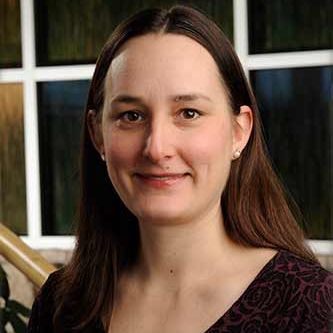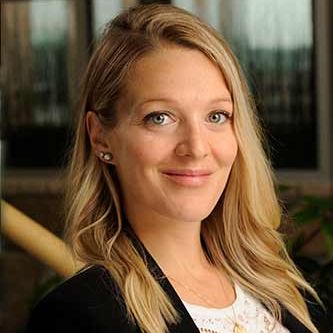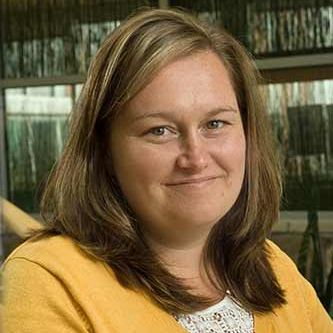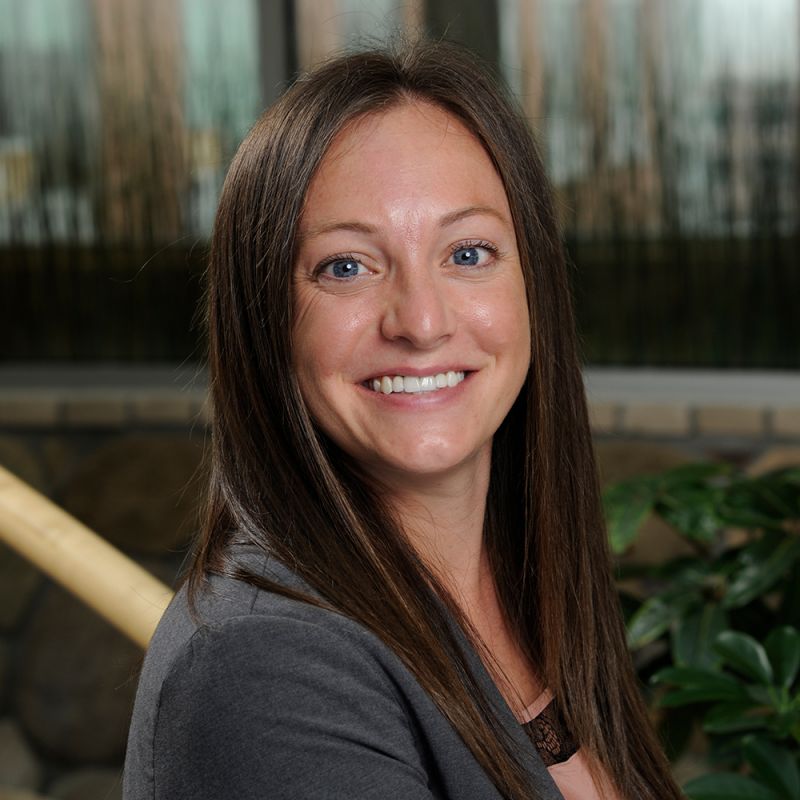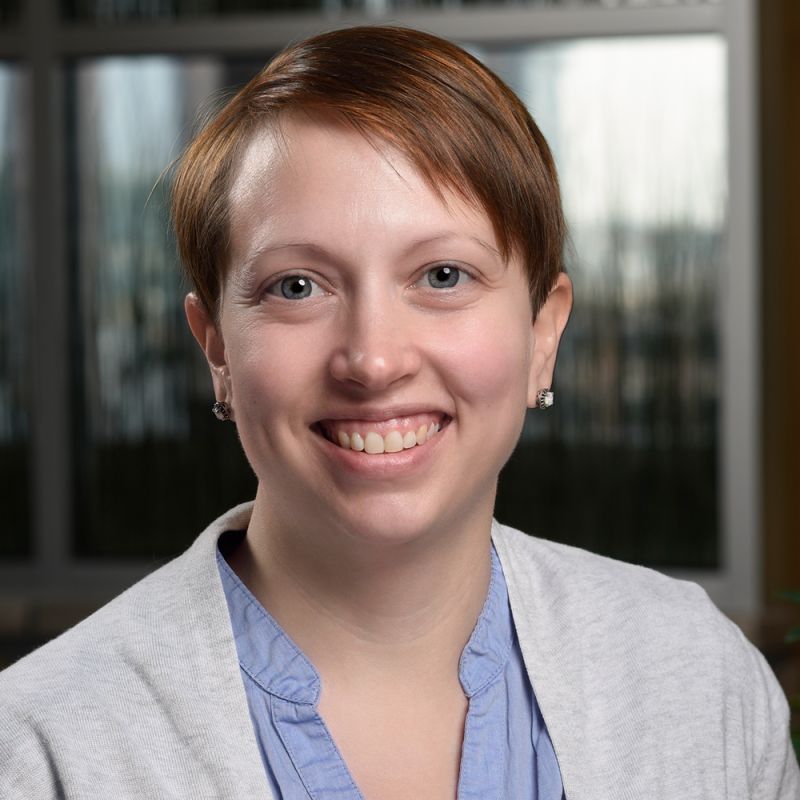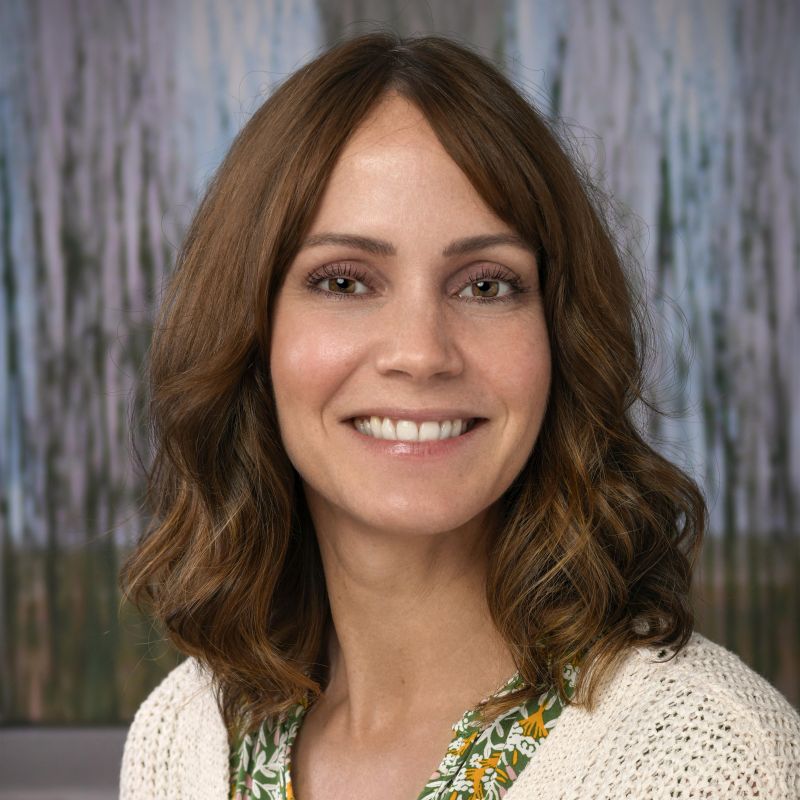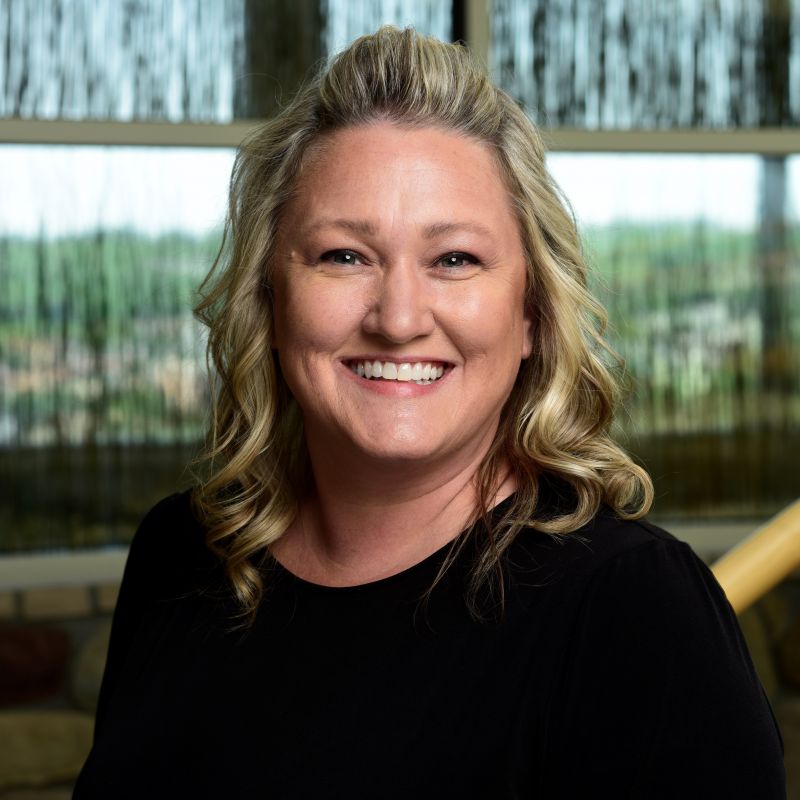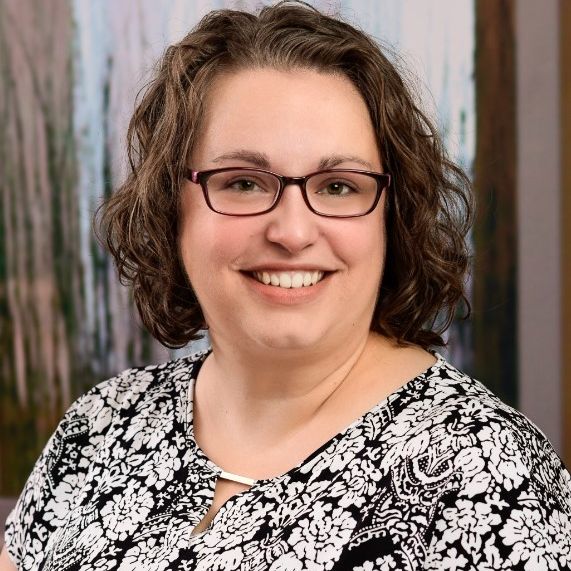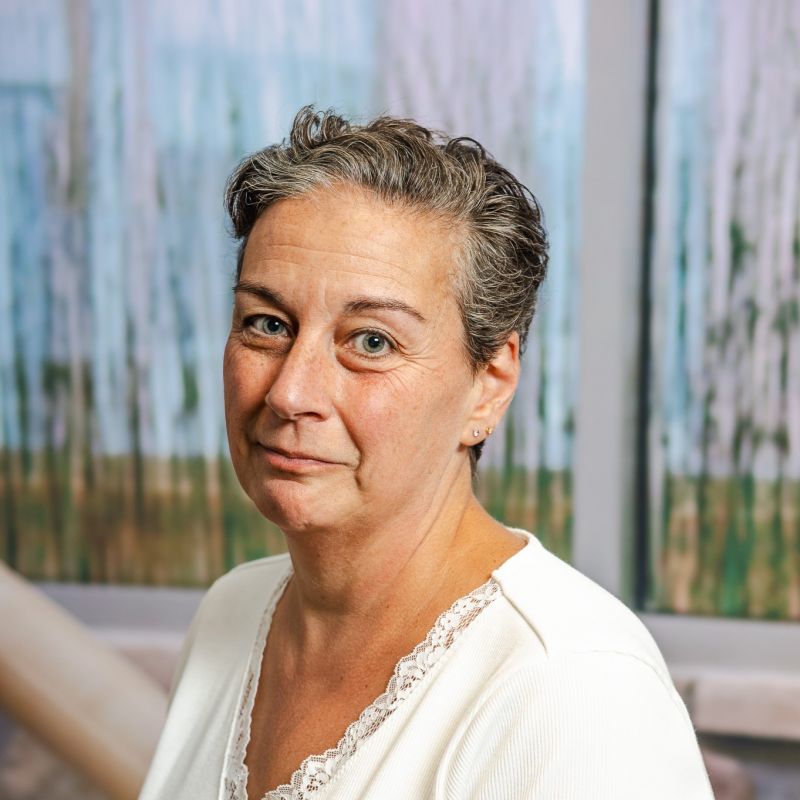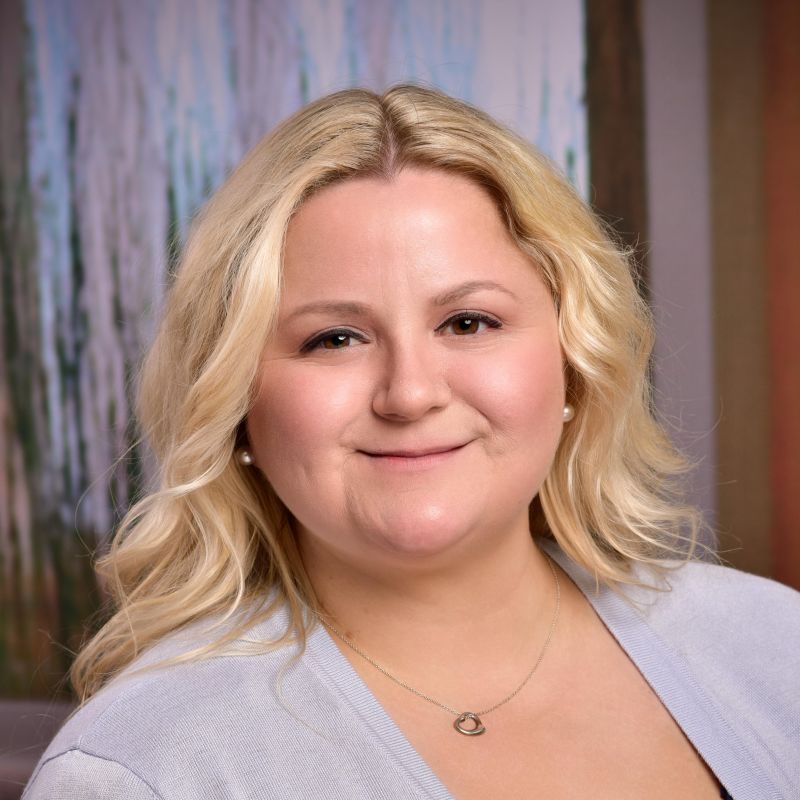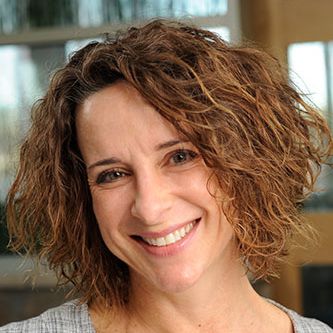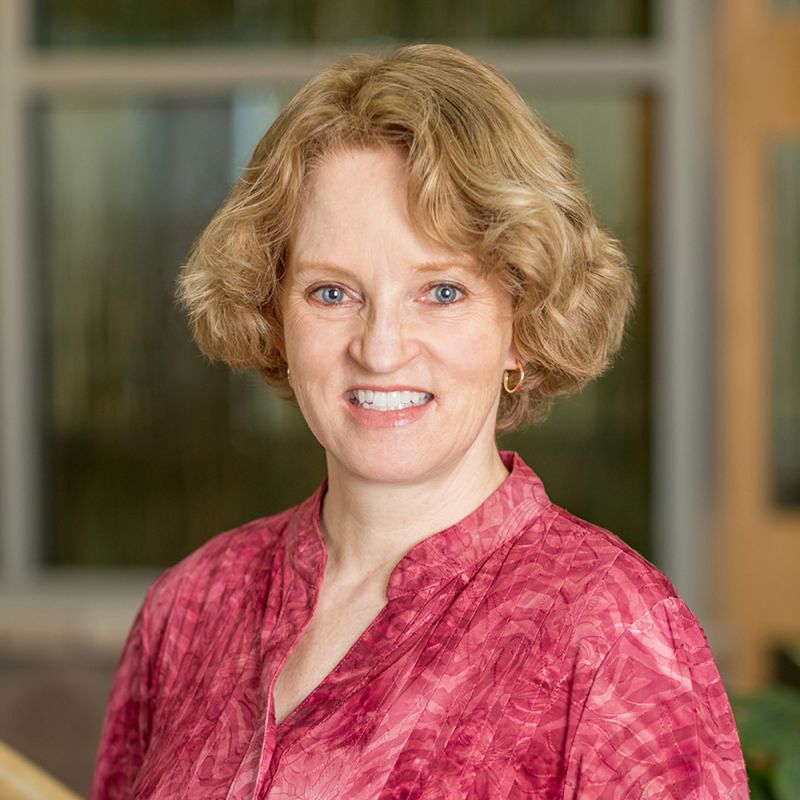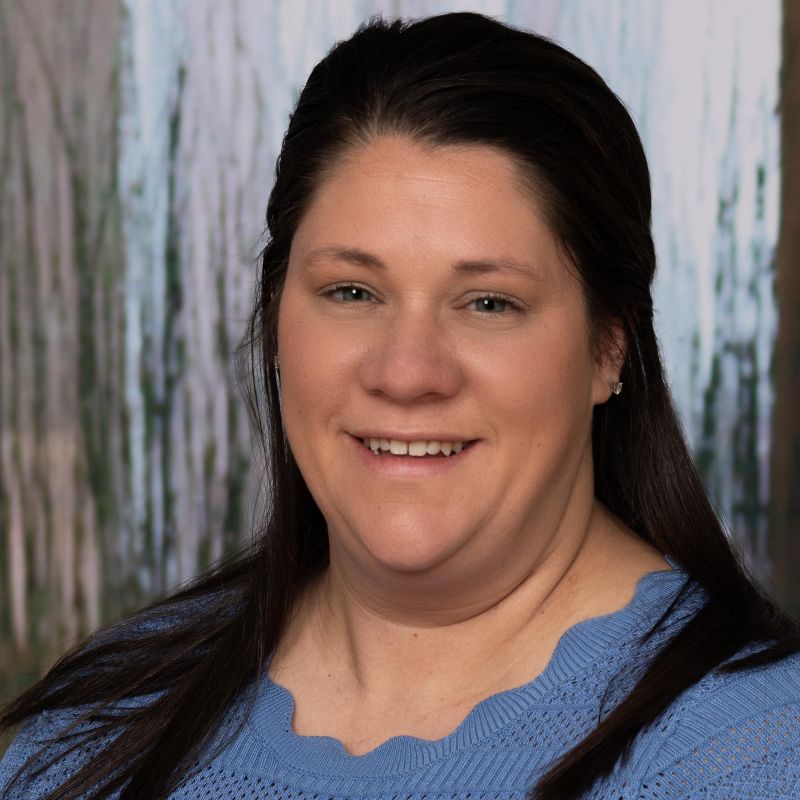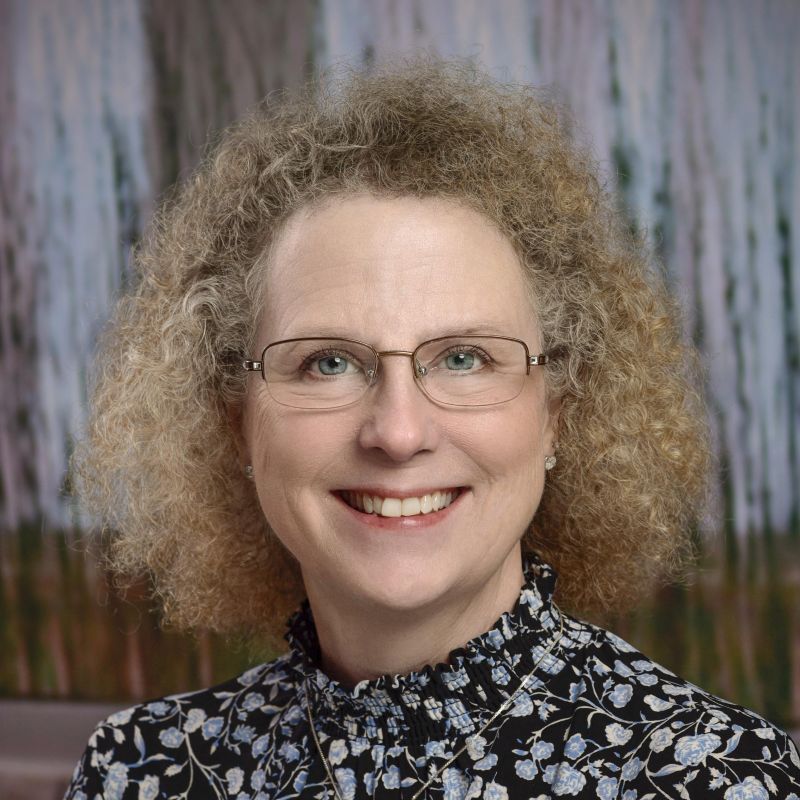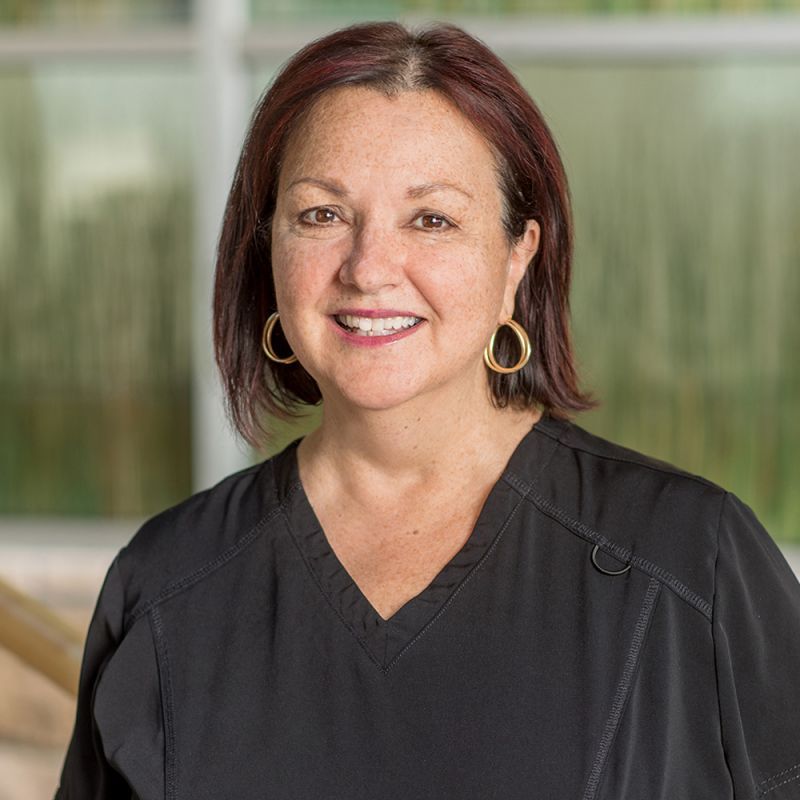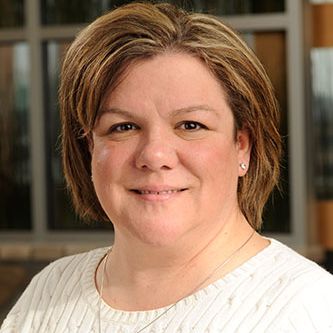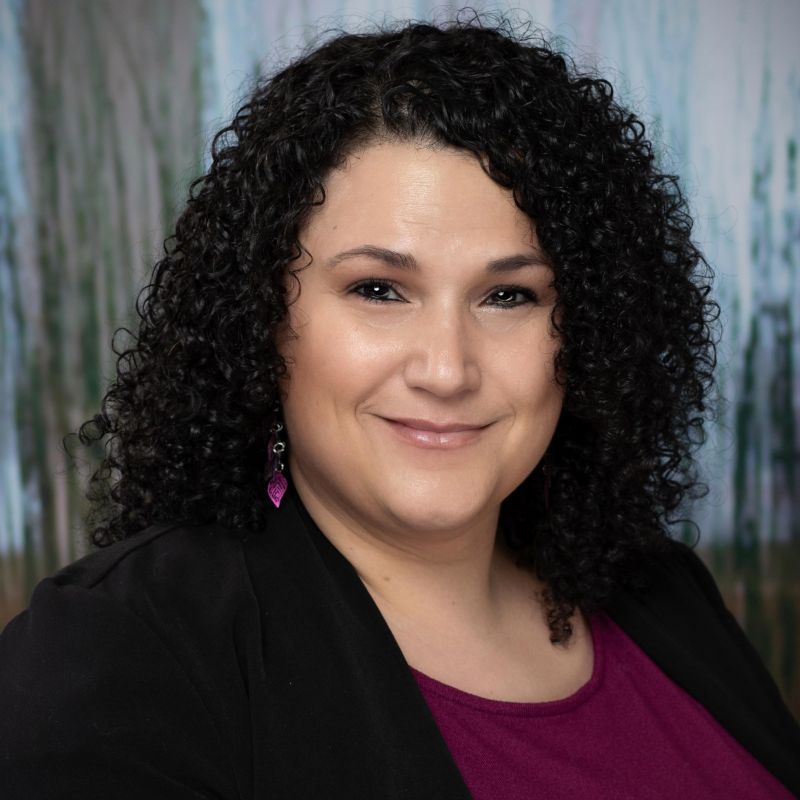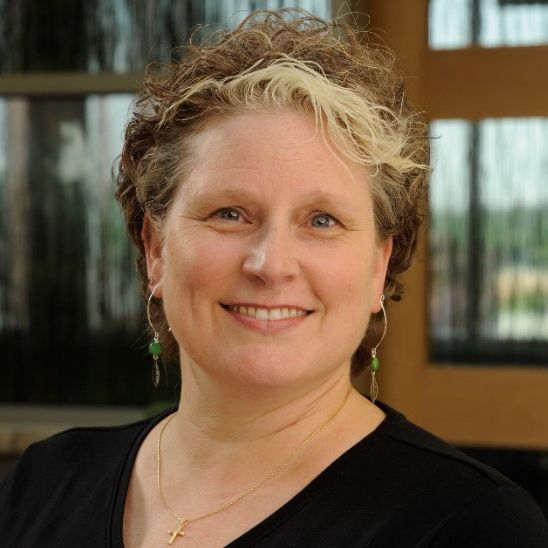More Than Just a Pharmacy
The goal of the CMMC Specialty Pharmacy is to help patients understand their chronic and complex diseases and the medication used to treat them.
Specialty pharmacies are not the same as retail pharmacies. Our specialty pharmacists help make sure the medication you take is safe and works for you. We offer support 24 hours a day, 7 days a week, so we are always here to assist you with any questions you may have. We can also help you get assistance to pay for your medications if needed.
Our CMMC Specialty Pharmacy care team will teach you how to take, store and refill your medication. We can also teach you about any side effects you may have and screen for any drug interactions that could occur between your new medication and your usual medications.
We offer fast, free, home shipment or your medication can be picked up at our pharmacy which is located at 10 High Street, suite 104 in Lewiston.
As a patient of the CMMC Specialty Pharmacy, our priority is helping you live better and stay healthy. The care team in the CMMC Specialty Pharmacy is made up of clinical pharmacists, benefit coordinators, technicians and patient care coordinators trained in your medical condition and specialty medications. We are here for you 24 hours a day 7 days a week to answer your questions about your medication or condition.
Download a copy of the CMMC Specialty Pharmacy welcome packet.
What to Expect
We will work to assist you in getting your medication paid for through your insurance company and other patient assistance programs that may be available. Our reimbursement specialists are experts at completing financial paperwork and finding ways to help get you your medications.
On time Refills Plus Prescription Monitoring
Our pharmacy team will tell you when it is time for a refill, so you don’t miss any doses, and we will work with your provider to make sure you have the best response possible from your medicine.
Free Medication Delivery Plus Supplies
We can deliver all your medications and supplies needed for your therapy to your home free of charge. Our goal is to make sure you have your medicine in-hand quickly there are no gaps in your therapy. We want getting your medicine to be simple.
Providing Care for Specialized Disease States
- Asthma & Allergy
- Ankylosing Spondylitis
- Atopic Dermatitis
- Autoimmune Disorders
- Cancer
- Keytruda – 855-257-3932
- Ibrance – 844-9-IBRANCE
- Imbruvica – 877-877-3536
- National Cancer Institute
- American Cancer Society
- Imfinzi – 844-ASK-A360
- Opdivo – 855-OPDIVO-1
- Crohn’s Disease
- Cystic Fibrosis
- Dermatology
- Endocrine Disorders
- Enzyme Deficiencies
- Growth Hormone Deficiencies
- Hemophilia
- Hepatitis C
- HIV-AIDS
- Infertility
- Inflammatory Bowel Disease
- Multiple Sclerosis
- Neurology
- Solid Organ Transplant
- Osteoporosis
- Psoriasis
- Psoriatic Arthritis
- Pulmonary Arterial Hypertension (PAH)
- Rheumatoid Arthritis
- Respiratory Syncytial Virus Infection (RSV)Additional Resources:
- Ulcerative Colitis
- Women’s Health
- Other
Useful Links
- Center for Disease Control and Prevention – List of Diseases and Conditions
- National Institutes of Health – Health Information
- Medline Plus
- Safe Medication – Drug Information
- National Council on Patient Information and Education
- Consumer Med Safety
Financial Assistance Programs
- Patient Assistance Network Foundation – 866-316-7263
- HealthWell Foundation – 800-675-8416
- Patient Advocate Foundation – 800-532-5274
- Co-pay Relief – 866-512-3861
We Offer Support By:
- Helping you recognize and manage side effects
- Reminding you when it is time for a refill
- Teaching you how to take your medication
- Answering your questions about your medicine
- Helping your provider make sure you have everything you need
Our Services
- Personalized care
- Regular follow-up
- Benefits assistance
- Free delivery and pick-up
- 24-hour access to pharmacist to address any urgent patient concerns
To begin using the CMMC Specialty Pharmacy or to transfer your prescriptions, please contact us 207-786-1800.

